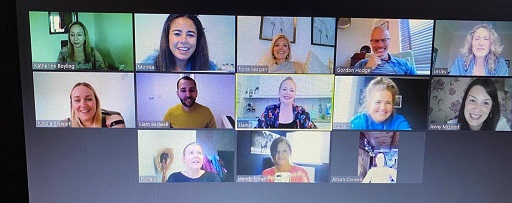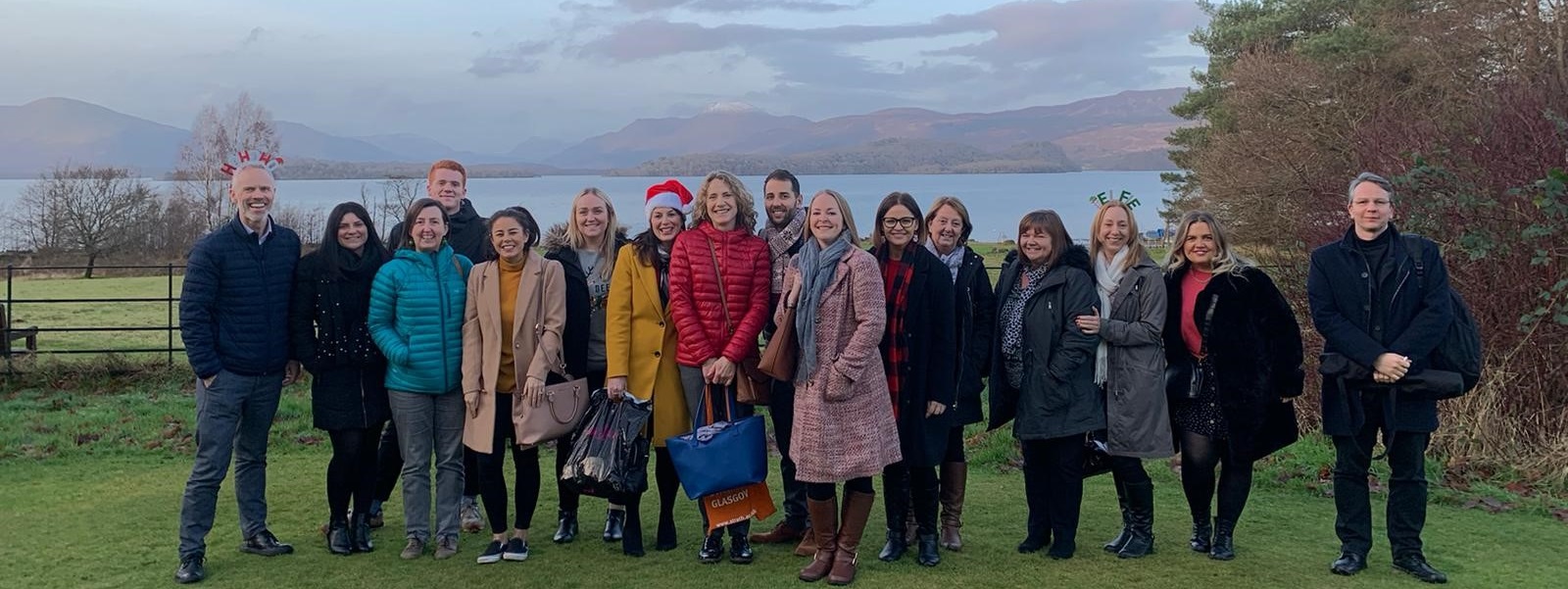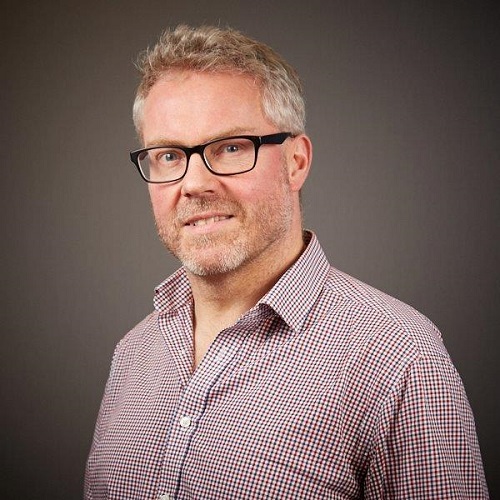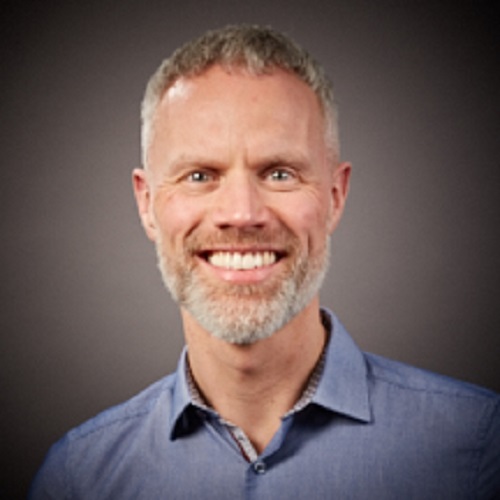Graeme
Have you ever encountered teams or leaders who think that they are so good at what they do that they do not need to improve? Continuous improvement is for others, not them?
Some of the most successful teams and organisations in the world demonstrate humility, which helps them understand both their strengths and weaknesses. This helps to create an environment in which positive challenge and curiosity are actively encouraged, and improvement is an ongoing activity in the pursuit of excellence.
I thought it would be useful to ask the leader of an award-winning team within our own University to share what motivates them to continually look for ways to improve and how working with the Continuous Improvement Directorate has helped with this.
Gordon Hodge is the Head of Conferencing and Events at the University of Strathclyde. Over the last few years, Gordon and his team have picked up accolades including Gold, Silver, and Bronze in the Best Academic Venue category at the Meetings & Incentive Travel Awards.
Gordon
The business events marketplace never stands still, in terms of trends, technology, or customer preferences. This is truer now than it has ever been. To keep ourselves relevant in a competitive and fast-paced market, we always have an eye on what we could do differently, and how.
Those of us who work in events tend to thrive on the buzz of being constantly on the go. It certainly is mostly fun and often rewarding, but it can be exhausting too.
Sometimes it seems that there’s not much spare capacity to absorb change or plan for the future. Eventually you realise you’re going to have to hop off the treadmill to consider whether the way you’re going about something is working for you and your business.
With Graeme and the team’s help, we’ve used continuous improvement tools to interrogate several of our processes. Sometimes it’s been about trying to do things more effectively, in the hope that this will help us find the time and the headspace we need to consider new opportunities. At other times, it hasn’t necessarily led us to change how we do what we do but has given us confidence that our processes are fit for purpose and delivering consistent results.
A highlight for me was a workshop on Customer Journey Mapping facilitated by Radka Newton from Lancaster University. Everything we do is based on the benefit it brings our customers. If it does not bring them any discernible benefit, why do we do it? If it would clearly benefit our customers, why aren’t we doing it already? Of course, that sounds like common sense, but sometimes you need a framework to give you a sense of perspective and allow you to look at what you do objectively.
Customer Journey Mapping and Strathclyde’s Lean for Leaders programme helped us in two distinct areas.
Firstly, our Business Development team used lean tools to review our enquiry handling process, and to define our customer types and their differing wants and needs. This work has underpinned all of our sales and marketing activities over the past 18 months and will continue to do so as we emerge, dazed but excited, into the post-COVID market.
Secondly, we used these lean tools to help design an entirely new suite of processes that support our Conference Management Service and online event delivery; both of which will be fundamental to the recovery of our business through 2021 and beyond.
 We’ve also used lean principles to examine particular pressure points when existing processes are doing the job, but we know they could be improved. Sometimes, the subject matter is complex, the workload unevenly spread, and the experience not always enjoyable. Using ‘Go and See’ helped us make weekly operational meetings shorter, more focused and more engaging.
We’ve also used lean principles to examine particular pressure points when existing processes are doing the job, but we know they could be improved. Sometimes, the subject matter is complex, the workload unevenly spread, and the experience not always enjoyable. Using ‘Go and See’ helped us make weekly operational meetings shorter, more focused and more engaging.
More recently, we’ve adopted Communication Cells in both Conference Operations and Business Development, as a means of working more effectively as a team, while we’re all remote from one another. In both situations, we had plenty of material to work with, and an inexhaustible supply of talent and willingness to learn – we just needed a hand to map our journey and work out which direction we wanted to set off in.
Right now, our Operations Manager is part of a cohort learning about Evidencing the Benefits of Change. It’s hard to imagine a more relevant theme at the end of 2020 when external factors are forcing us to change and pivot our business to address new realities.
A mindset of continuous improvement breeds confidence that we’re doing the right thing for our customer, our business and, importantly, bring our team with us on that journey. We can, at the very least, be confident that the principles of continuous improvement and continued collaboration with Strathclyde’s Continuous Improvement Network help us ensure that our processes are robust and fit for the future, whatever that may hold.


